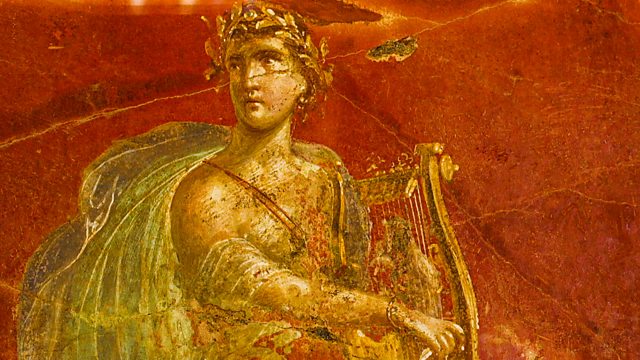Discovering the Music of Antiquity
The discovery of an ancient music score in the Louvre sets researchers on a mission to recreate the music as it was originally heard by the Greeks 2,400 years ago.
When a music score is uncovered deep within the storerooms of the Louvre, musical historians scramble to realise the potential of this piece of papyrus. The text's grammatical features give us a clue to the composer's identity: Carcinus, an author cited by Aristotle in his Rhetoric. His name is engraved on a wall in the Parthenon, and the story of his life offers an insight into the history of Greek musicians, who were revered like gods and welcomed across the Mediterranean to take part in competitions modelled on the Olympic Games.
The discovery of the papyrus, more specifically an ancient version of the tragedy entitled Medea, throws open a new mission by researchers to hear the music sung through modern arrangement. But to listen to the Medea as it was heard by the Greeks 2,400 years ago, it still has to be played on period instruments.
From the Greek cities of Anatolia to the Ptolemies’ Egypt, from the mythical site of Delphi to the discoveries made in Pompeii, relive this voyage along the Mediterranean coast, where archaeological excavations have unearthed instrument remains.
Last on
Broadcasts
- Mon 4 Mar 2024 21:00
- Sun 10 Mar 2024 20:00
Featured in...
![]()
Music Documentaries
For music lovers, uncover the stories in this collection that explore all things music.


